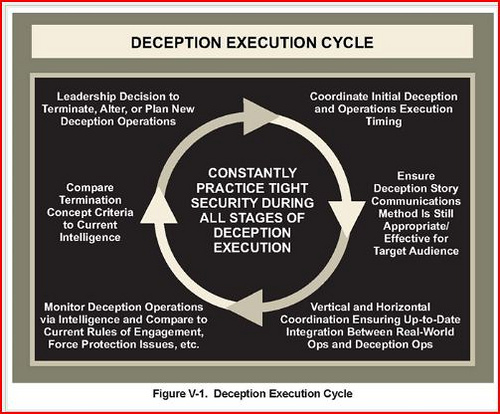JSOC or CIA? Secrecy Inherent in US GWOT Impedes Wardak Investigation
In his article that the New York Times today cowardly labelled as “news analysis” rather than straight reporting, Matthew Rosenberg makes a number of astute observations regarding Afghan accusations that groups affiliated with US Special Operations forces have been responsible for a number of atrocities in Maidan Wardak province, prompting Hamid Karzai’s call to expel them. Perhaps the most important observation comes almost as an aside, when he links to this story on Special Operations troops covering up their murder of innocent women during a night raid, going so far as to dig bullets out of their corpses in order to impede the subsequent investigation. Here is the reference in its wider context of overall Afghan concerns about Special Operations forces and their reliance on loosely affiliated groups:
The ban also reflected the Karzai administration’s limited patience for the use of Special Operations forces, whose aggressive tactics previously resulted in abuses, and attempted cover-ups. But Afghan officials cited as even more troubling American Special Operations units’ use of Afghan proxy forces that are not under the government’s control. Afghan civilians and local officials have complained that some irregular forces have looked little different from Taliban fighters or bandits and behaved little differently.
I’ll return to Rosenberg’s reporting in a bit, but we also have to keep in mind a point that virtually all of the reporting on this incident has covered, and that is the secrecy surrounding Special Operations forces. See, for example, this passage in today’s Washington Post article:
Because Special Operations troops carry out classified missions, it is difficult to independently confirm their activities or links to local groups.
“The U.S. has had a long history in Afghanistan of working with some of these irregular militias that are not accountable to anyone,” said Sahr Muhammedally, legal adviser for the Center for Civilians in Conflict, who has studied such groups.
“A lot of villagers talk about these campaign forces,” she said. “It is not the first time I have heard the name…. But the U.S. Special Operations forces don’t confirm or deny anything.”
Gosh, just as Marcy pointed out yesterday that the media is shocked that Robert Gibbs was told he couldn’t confirm or deny the existence of the drone program, now we have Special Operations not being able to confirm or deny their association with shadowy groups that are responsible for crimes. And yet, even though the media notes the secrecy surrounding the operations, they are unable to point to that secrecy directly within the context of NATO claiming it can find no evidence supporting the Afghan accusations. For example, here is the same Washington Post article again:
But NATO said its past inquiries found no evidence to support allegations of misconduct by U.S. Special Operations forces in Wardak province, southwest of Kabul.
That was the second paragraph in the article and yet, when they get to the passage on secrecy six paragraphs later, they merely point out that the classified nature of the work makes independent confirmation difficult and completely overlook the role that a Glomar-type response would play in making it impossible for NATO to find evidence because that evidence is classified and cannot be provided to NATO from JSOC.
Note added in clarification: Marcy points out to me via email that it would be more accurate to state here that CIA and/or JSOC would deny the existence of these operations because they are covert, not because they are classified.
Another vitally important point where Rosenberg stands apart from all the other reporting on this issue is his mention that we might be dealing here with a militia supported by the CIA rather than JSOC: Read more →

